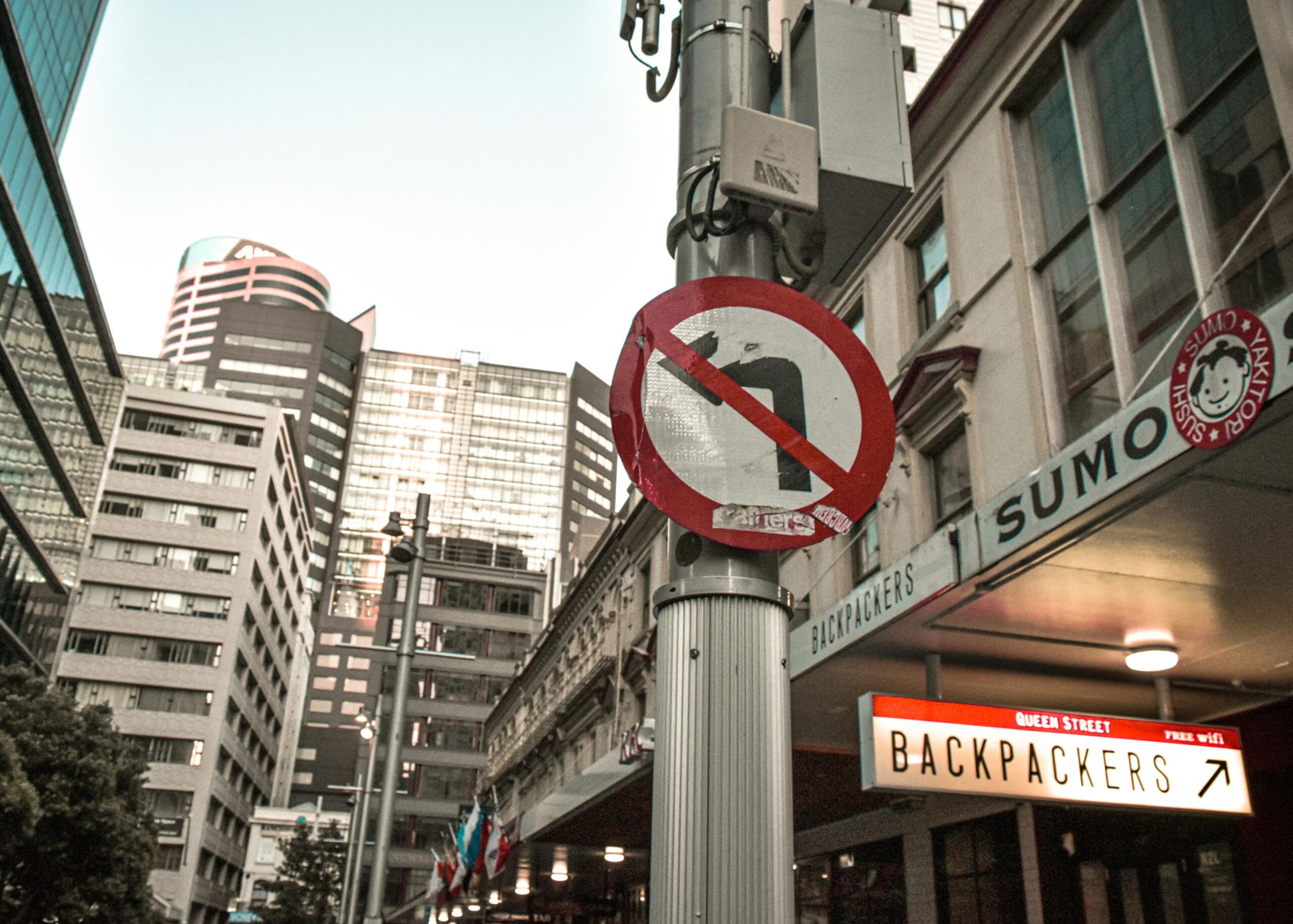With a population exceeding 220 million and over 250 ethnic groups, Nigeria stands as Africa’s most populous nation and one of its most diverse. The country operates a federal legal system influenced by English common law, Islamic law in parts of the North, and customary law across many regions. This diversity is both a strength and a challenge—especially when it comes to legal procedures such as serving court documents. In a system as complex and multifaceted as Nigeria’s, the role of a Process Server Nigeria becomes not just helpful, but absolutely essential.
Whether you’re a legal practitioner, business owner, or private individual involved in litigation, understanding how legal documents are served in Nigeria is critical to the success of your case. This article breaks down how the process works, what challenges you may face, and why hiring a professional Process Server Nigeria can make all the difference.
What Is Process Serving?
Process serving refers to the legal procedure of delivering court documents—such as summons, complaints, subpoenas, and other notices—to individuals or entities involved in legal proceedings. This ensures that the recipient is officially notified and given a fair opportunity to respond or appear in court. In many jurisdictions, improper service can lead to a case being dismissed.
In Nigeria, process serving is governed by the various rules of court at both state and federal levels, including the High Court (Civil Procedure) Rules and the Federal High Court Rules. The process must be carried out correctly to ensure the validity of the proceedings.
The Legal Landscape of Process Serving in Nigeria
In Nigeria, process serving is typically done by court bailiffs or private process servers. Courts across the country have strict rules on how service must be effected, especially for personal service, substituted service, or service outside jurisdiction.
However, the process is not always straightforward. The legal system often faces bottlenecks, delays, and logistical challenges that complicate the efficient delivery of court documents. This is where a professional Process Server Nigeria becomes indispensable.
Common Challenges of Serving Legal Documents in Nigeria
1. Geographic and Infrastructural Barriers
Nigeria is a vast country with varying levels of development. Urban centers like Lagos and Abuja may have relatively organized addresses, but rural and semi-urban areas can lack proper street naming and house numbering. This makes locating a defendant difficult and time-consuming.
A trained Process Server Nigeria understands the terrain and has the local knowledge needed to track down elusive respondents even in hard-to-reach areas.
2. Security Issues
Certain parts of the country face security challenges due to political unrest, banditry, or communal clashes. Sending a court bailiff into these areas without proper planning or security arrangements is risky. Professional process servers are usually trained in how to navigate these zones safely and effectively.
3. Delays Within the Court System
Using court bailiffs often means waiting in a long queue, sometimes for weeks. Nigerian courts are notorious for backlogs and administrative delays, which can slow down your case significantly.
On the other hand, hiring a private Process Server Nigeria can bypass these delays and ensure quicker and more reliable service.
4. Non-Compliance and Evasion by Defendants
It’s not uncommon for respondents to deliberately evade service in order to delay proceedings. They may refuse to answer the door, lie about their identity, or relocate. A skilled Process Server Nigeria employs investigative techniques and persistence to ensure proper and lawful service.
5. Legal Complexities and Documentation
Each jurisdiction in Nigeria has slightly different rules regarding acceptable methods of service. Whether it’s personal, substituted, or service by publication, failing to follow the rules can lead to a nullified process. A professional Process Server Nigeria is trained to navigate these complexities with precision.
Why Hiring a Process Server Nigeria Is Crucial
1. Ensures Legal Compliance
Improper service of process can lead to major setbacks including the dismissal of your case or the invalidation of judgments. A certified Process Server Nigeria understands the rules and ensures that service is carried out in full compliance with Nigerian law.
2. Speed and Efficiency
Time is critical in legal proceedings. Professional process servers have the tools, transportation, and experience to deliver documents quickly and accurately. This can significantly accelerate your case timeline.
3. Detailed Documentation and Affidavit of Service
A professional Process Server Nigeria provides a sworn affidavit of service, which is admissible in court. This document serves as evidence that the legal documents were delivered according to law, and it protects your case from being challenged on procedural grounds.
4. Experience with Hard-to-Serve Individuals
Whether it’s someone avoiding court appearances or a business trying to dodge a lawsuit, a professional server has methods to ensure that even the most elusive individuals are served properly. They can also handle substituted service by court order if necessary.
5. Peace of Mind
Knowing that a qualified Process Server Nigeria is handling the task allows you to focus on your legal strategy rather than worrying about logistics. It eliminates uncertainty and reduces the risk of procedural errors that can derail your case.
When Should You Hire a Process Server Nigeria?
- When serving legal documents in rural or hard-to-reach areas
- If your case involves a high-risk or evasive individual
- When facing tight deadlines or urgent court timelines
- If you require service outside your jurisdiction (interstate or international)
- When you want proper legal documentation of service
Legal Backing and Court Recognition
The courts in Nigeria recognize affidavits of service from certified process servers. In fact, in many cases, judges rely heavily on these affidavits to determine if a party has been properly notified. A process server’s sworn testimony may also be required if there is a dispute about whether service was effected.
Hiring a professional Process Server Nigeria ensures that your service meets legal standards and holds up in court if challenged.
How to Choose the Right Process Server Nigeria
When selecting a process server, look for the following:
- Legal Knowledge: Make sure they understand the Civil Procedure Rules applicable in your jurisdiction.
- Reputation and References: Ask for testimonials or case examples.
- Documentation: They should provide a legally recognized affidavit of service.
- Tracking and Reporting: Good process servers provide updates and final confirmation.
- Nationwide Reach: Choose someone who can serve documents across various states in Nigeria if needed.
Final Thoughts
In a complex legal environment like Nigeria’s, the proper serving of court documents is not a task to be taken lightly. Between legal nuances, geographic challenges, and administrative delays, relying on court bailiffs alone is often not enough.
By hiring a professional Process Server Nigeria, you gain a reliable partner who ensures your documents are served legally, efficiently, and on time. This could be the difference between winning and losing your case.
If you’re involved in litigation or legal procedures, don’t leave process serving to chance. Work with a trusted Process Server Nigeria to make sure that due notice is truly served.
Contact us today for a free consultation or call +1 (800) 845-6093 to get started on your international service request.
Click Here to Submit Your Process Service Assignment Now
Disclaimer: This article provides general information and should not be construed as legal advice. For specific situations involving international service of process, please consult with qualified legal counsel familiar with both the relevant jurisdictions and current treaty statuses.





